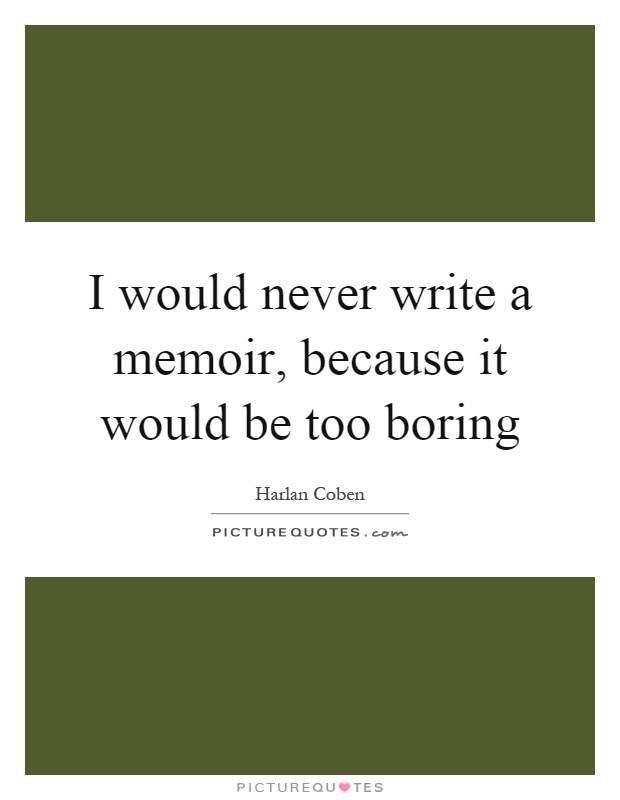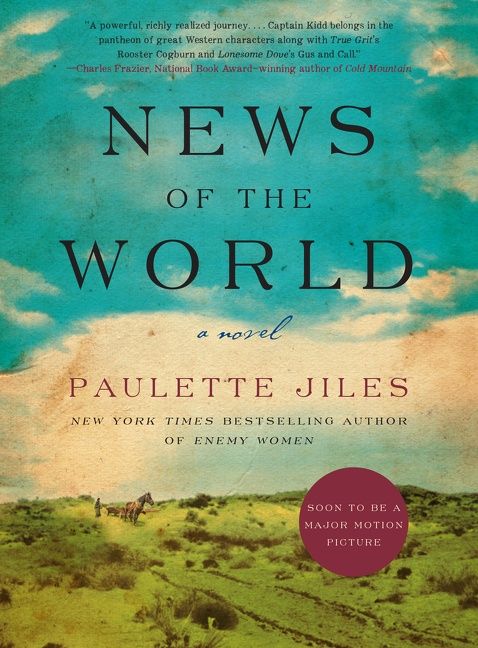Having trouble finding something to write about? Here's an exercise that might help. Close your eyes and think of two words: I remember... What is it that you remember? It might be a time from your childhood or maybe the party when you turned 30 or 50. Tragic, humorous, nostalgic--any of these could pop up when you close your eyes and say I remember... When something comes to mind, start freewriting and see what results.
My own I remember... exercise result is below. I found that once I got started, I wanted to keep on going. When I finished, I realized that I had a wealth of material to draw from. Go ahead. Give it a try!
I remember....
I remember so
much of my childhood days. Incidents, events, people, and places return to me
over and over, sometimes in my dreams. I so often am the age I am now, but the
dream takes place in someplace of long ago—a place where I might have been as a
child. My childhood home figures prominently in my dreams and memories.
I grew up in a
3rd floor apartment. Six of us crowded into a 2 bedroom apartment which also
had a small kitchen, pantry, dining room (which is where I slept) and a living
room with a small sunroom extension on it and one bathroom with a clawfoot tub,
no shower. We also had an outdoor balcony, very small and scary when you leaned
over the railing and looked way down below. We never had a chair or table on
the balcony like people would today. It was a place we were seldom allowed to
go actually. A good spot for taking pictures, and that was about all. It was
reserved for those Kodak moments.
We climbed the
three flights of stairs carrying so many things. Laundry baskets, grocery bags,
the live Christmas tree we had each December. Whatever we needed or wanted was
toted up those three flights. The enclosed front stairs were carpeted, and
as we climbed we could smell dinner. Sometimes it was dinner cooking and
sometimes it was a lingering odor from yesterday's dinner. We had to pass four
other apartment doors to reach our floor, and the dinner smells from all four
mingled and blended. I would try to single out the aromas to see who had eaten
what that day. The back steps were outdoors and wooden. Up a big double set to
the first floor, then split off to a single width set on either side, then onto
another double set, and another single width set on either side leading to our
floor. One more double set of steps and we landed on our back porch. There were
four apartment doors on that big porch on the third floor. And above the
railing on our side a clothesline on a pulley swung to and fro. My mother often
did hand-washing and hung the clothes to dry on that line. When there was an infant
in the family, diapers fluttered in the wind every day of the week.
I never knew
what it was to be alone during my growing-up years. With three younger brothers
and living in a small apartment, privacy came down to my allotted ten minutes
in the bathroom each morning. The only place I can remember being alone is when
I walked to the library, which was at least once every week. Down the three
flights of stairs with a load of books in my arms and away I went. Past the
conservatory in the next block, past the city park, and across the double set
of railroad tracks. One was for freight trains, the other for Chicago Transit
Authority "els" Once across the tracks, I turned onto a cinder path
that ran behind the train station platform. I loved that cinder path. It made
me feel as though I was in another world. The feel of concrete under my feet
was the norm, but crunching along the cinder path was different. The back of
the train platform was to one side of me and a field of tall weeds bordered the
other side of the path. Today I would probably think it was no place for a
child to be walking alone, but I did it myriad times over those years and never
had a mishap. Maybe an angel walked with me. The cinder path ended all too soon,
and I skipped along the remaining block and a half until I reached my home away
from home--the public library. While I made the walk to and from the library,
my thoughts ran to so many things. I had time to think, to plan, to dream. It
was my only private time, and I cherished it as much as the wonderful books I
carried with me.
I remember so
many good things my mother cooked and baked for us. Food was something to be
enjoyed in our home, not just to eat to stay alive. Money was scarce, and
Mother skimped on many things, but food was of primary importance, and we
ate quite well. Steak did not appear on our table often, but occasionally it
did. And we knew if we had steak one night, the next night was something like
tuna casserole, or a pound of hamburger stretched in any way possible, and some
never even thought of before. My mother baked a lot, and she passed the love of
baking on to me. She had learned from her own mother who had a neighborhood
bakery for many years. My daughter is a good baker, too. Must be genetic!
Memories feed
an old soul. Memories entertain the younger generations. Memories are
priceless.
Yes, I remember
so many things from those childhood years on Garfield Street Oak Park , Illinois
__._,_.___
__,_._,___






















